Over the past few months there have been a lot of news coming from the United States government relating to tariffs against many its trading partners. The many tariffs and retaliations by other nations interferes with a wide range of industries.
Earlier this spring, the Trump administration imposed a 25% tariff on steel and aluminum coming into the United States as part of the President’s call for increased national security. Canada is the number 1 supplier of steel and aluminum to the U.S., contributing to one-sixth of the amount of imported steel and more than half of the aluminum consumed in the U.S. This will greatly affect the Canadian economy and as counter-measure, the Canadian government announced the imposition of a 10% surtax on 4 categories of personal care products imported from the U.S.: manicure/pedicure preparations, hair lacquers, shaving preparations, and facial cleansers/body washes. The U.S. personal care industry has lobbied the U.S. administration and Congress to express their concern as to how tariffs will undermine the highly integrated industry in both nations. Stated by the Personal Care Products Council (PCPC), “Cosmetics and personal care products companies rely heavily on open markets. Vibrant international trade is critical to the strength of our industry and enhances our ability to expand manufacturing and employment, and to create the innovative products that consumers around the world trust and enjoy”. Likewise, the European Union, which also exports aluminum and steel to the U.S. also retaliated. Turkey for example, is implementing tariffs on the $17.3 million worth of personal care products imported into the country from the U.S.
The biggest news however, is how the Chinese government reacted to the U.S. tariffs placed upon them. China had retaliated against two of the three lists of tariffs the U.S. has placed upon them, with many expecting a response to the latest list of U.S. tariffs. All the tariffs proposed by the U.S. have affected virtually every product coming from China except certain pharmaceuticals and cell phones. With an average 10% import tax, these tariffs will affect over $200 billion worth of products. In relation to the cosmetic & personal care sector, all cosmetics from China are included, as well as chemical ingredients used in cosmetic products, boxes and other cosmetic packaging and labels.
Although the Trump administration wishes to impose these tariffs in hopes of aiding American companies and manufacturers by reducing international competition, many critics suggest that these tariffs on cosmetic raw materials and ingredients negatively impacts US manufacturers that rely on foreign suppliers. In addition, although many companies would not want to increase prices in risk of losing loyal customers, the increase in product cost due to the tariffs may result in an increase in consumer prices in order to keep their net profit margins in line.
For more information, please do not hesitate to contact Focal Point Research Inc. We are leading North American Regulatory Consultants for Cosmetics, and other personal care products regulated by the U.S. FDA and Health Canada.

Recent Comments